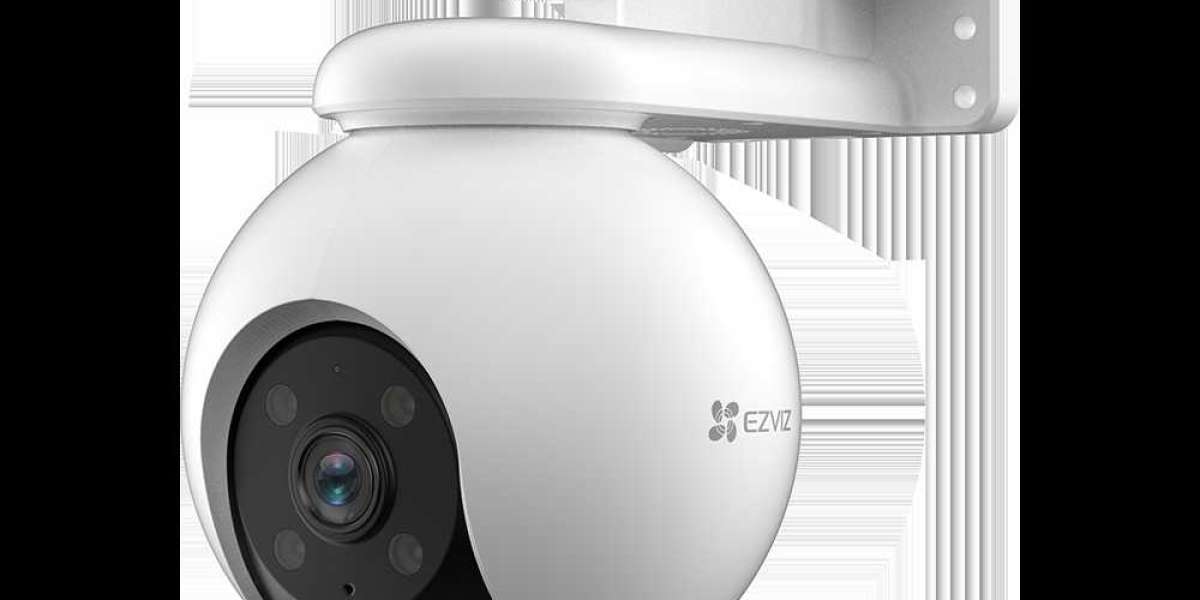Iran has become an increasingly popular destination for international students pursuing MBBS due to its robust medical education system, affordable tuition fees, and globally recognized degrees. With world-class universities, a blend of traditional and modern approaches to healthcare, and a welcoming environment, Iran provides an ideal setting for aspiring doctors. This article explores why pursuing MBBS in Iran is a gateway to excellence in medical education.
1. Renowned Universities and Quality Education
Iran boasts some of the best medical universities in the region, known for their academic excellence and advanced facilities. Reputable institutions like Tehran University of Medical Sciences, Shiraz University of Medical Sciences, and Mashhad University of Medical Sciences offer MBBS programs recognized by global medical councils, including the World Health Organization (WHO) and the National Medical Commission (NMC) of India.
The MBBS curriculum in Iran is designed to align with international medical education standards. Students receive a well-rounded education that combines in-depth theoretical knowledge with extensive practical exposure. The emphasis on clinical practice ensures that graduates are not only well-versed in medical theory but also skilled in real-world applications.
2. Structure of the MBBS Program
The MBBS program in Iran typically spans six years and is divided into two main phases:
Pre-clinical Phase (Years 1-2):
Students are introduced to the fundamentals of medical sciences, including anatomy, physiology, biochemistry, and pathology. This phase builds a strong foundation for understanding complex medical concepts.Clinical Phase (Years 3-5):
The focus shifts to clinical subjects like internal medicine, surgery, pediatrics, and gynecology. Students spend significant time in teaching hospitals, observing and assisting in patient care under the guidance of experienced professionals.Internship (Year 6):
The final year is dedicated to a mandatory internship in affiliated hospitals. This hands-on training allows students to apply their knowledge in real-world scenarios, develop practical skills, and gain confidence in managing patients independently.
3. Affordability: A Major Attraction
One of the primary reasons international students choose Iran for MBBS is its affordability. Tuition fees in Iranian medical universities are significantly lower compared to countries like the USA, UK, or Australia. On average, the annual tuition fee ranges between ₹4-6 lakhs, making it a cost-effective option for students from countries like India.
Living expenses in Iran are also relatively low, covering accommodation, food, transportation, and other essentials. Students can enjoy a comfortable lifestyle on a modest budget, reducing the financial burden often associated with studying abroad.
4. English-Medium Programs for International Students
Many Iranian universities offer MBBS programs in English to cater to the needs of international students. This eliminates language barriers and ensures that students can fully grasp the curriculum without difficulty. For those interested in learning Persian, universities often provide language support to help students communicate effectively with patients during clinical rotations.
The availability of English-medium programs attracts students from diverse linguistic backgrounds, ensuring an inclusive and accessible educational experience.
5. Globally Recognized Degrees and Career Opportunities
Degrees awarded by Iranian medical universities are globally recognized, opening doors to numerous career opportunities. Graduates can:
- Pursue medical practice in their home country or abroad by clearing the respective licensing exams, such as USMLE, PLAB, or NEXT.
- Enroll in postgraduate programs or research initiatives in prestigious institutions worldwide.
- Work in various healthcare sectors, including hospitals, research institutions, and pharmaceutical companies.
The global recognition of Iranian MBBS degrees ensures that students are well-positioned to build successful medical careers.
6. Advanced Infrastructure and Research Opportunities
Iranian medical universities are equipped with modern facilities, including advanced laboratories, simulation centers, and well-equipped teaching hospitals. These resources provide students with practical exposure to the latest medical technologies and practices.
Additionally, Iran has a strong emphasis on medical research. Universities encourage students to participate in research projects, fostering innovation and critical thinking. This focus on research prepares students to contribute to advancements in healthcare and medical science.
7. A Safe and Welcoming Environment
Iran is known for its hospitality and cultural richness. International students often find the local population warm and welcoming, making it easier to adapt to their new environment. The country is also considered one of the safest in the region, providing a secure setting for students to focus on their studies.
Universities offer robust support services for international students, including counseling, orientation programs, and assistance with accommodation. These services help students settle in and navigate their academic journey smoothly.
8. Cultural Enrichment and Lifestyle
Studying MBBS in Iran offers more than just academic benefits. The country’s rich cultural heritage, vibrant traditions, and historical landmarks provide a unique cultural experience. From exploring ancient cities like Isfahan and Persepolis to enjoying Persian cuisine, students have ample opportunities to immerse themselves in the local culture.
Iran’s lifestyle is student-friendly, with affordable transportation, recreational activities, and community events. International students can balance their academic commitments with cultural exploration, making their time in Iran both productive and enjoyable.
9. Eligibility and Application Process
The eligibility criteria for pursuing MBBS in Iran are straightforward:
- Completion of higher secondary education (Class 12 or equivalent) with Physics, Chemistry, and Biology.
- A minimum qualifying score in entrance exams like NEET for Indian students.
- Proficiency in English for those enrolling in English-medium programs.
The application process involves submitting academic transcripts, proof of identity, and other required documents to the university. Most universities have an annual intake, so students are encouraged to apply early to secure their seats.
10. Internship and Practical Training
The final year of the MBBS program in Iran focuses on internships, where students work in affiliated hospitals. This hands-on training is invaluable for developing clinical skills and gaining real-world experience.
Internship opportunities expose students to a variety of medical cases, allowing them to apply their knowledge and improve their diagnostic and treatment abilities. This practical exposure is a key factor in preparing students for a successful medical career.
11. Opportunities After Graduation
Graduates of MBBS programs in Iran have a wide range of career paths to explore:
- Medical Practice: Work as a licensed doctor in their home country or abroad.
- Postgraduate Studies: Pursue specialization in fields like cardiology, neurology, or surgery.
- Medical Research: Contribute to advancements in healthcare by joining research institutions or projects.
- Teaching and Academics: Take up roles as educators in medical colleges and universities.
Iran’s medical education system equips students with the skills and knowledge needed to excel in any of these fields.
12. Why Choose Iran Over Other Countries?
Iran stands out as a destination for MBBS due to its combination of quality education, affordability, and global recognition. Unlike other popular destinations, Iran offers a unique blend of modern infrastructure and cultural richness, providing students with a holistic educational experience.
The affordability of tuition fees and living costs ensures that students can achieve their academic goals without financial strain. Additionally, the emphasis on research and practical training prepares graduates to meet the demands of the global medical profession.
Conclusion
Pursuing MBBS in Iran is an excellent choice for aspiring doctors seeking high-quality education at an affordable cost. With globally recognized degrees, English-medium programs, and extensive practical training, Iran provides a solid foundation for a successful medical career. Beyond academics, the country’s rich culture, safe environment, and welcoming community enhance the overall experience of studying abroad. For students looking for a gateway to excellence in medical education, Iran offers the perfect combination of academic rigor, affordability, and cultural enrichment. By choosing to study MBBS in Iran, students embark on a journey that prepares them for global medical opportunities while enriching their personal and professional lives.





